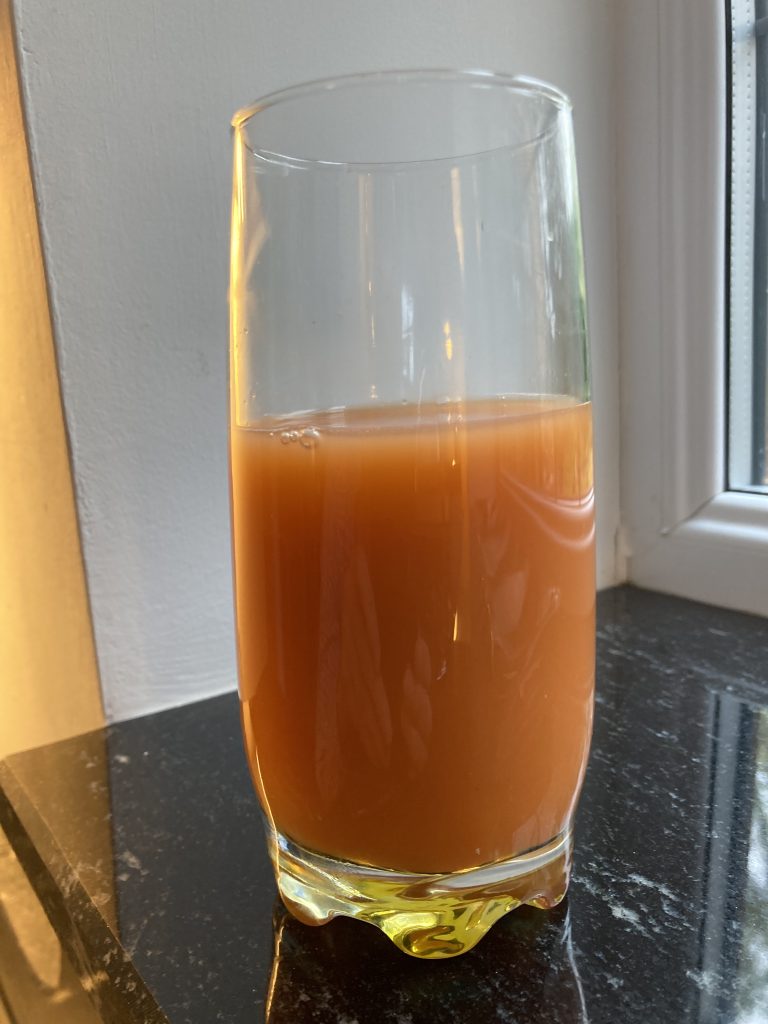Hay Fever
Hay fever is a common problem which often responds only partially to the standard remedies such as antihistamines, nasal sprays and eye drops.
Consider adding in two simple remedies which are very safe, easy to use and often help resolve the problem. These are Vitamin C and homeopathic mixed pollens.
Vitamin C
Vitamin C helps with allergies. However the dose is important. Small doses like 100mg will make no difference. The dose needs to be high enough. I would start with about 500mg four times a day increasing to 1 gram four times daily. This dose is also OK for children. Vitamin C only stays in the body for 4-6 hours so it needs to be taken several times a day. Gradually increase the dose until it is effective – it is extremely safe even at very high doses (such as 50 grams daily). The upper dose varies from person to person and causes loose stools. If you reach this level called bowel tolerance then just reduce it slightly. Vitamin C has an anti-histamine-like effect. If Vitamin C does not work on its own then combining it with methionine 1 gram daily and calcium 500 mg daily may help.
Homeopathic Grass Pollen
This is best taken before the season. I would use the 30c strength of the mixed grass pollen twice daily for about 5 days. Let it dissolve under the tongue when there is no food or drink in your mouth. If there is an aggravation of the hay fever then don’t take any more (you will likely then get an improvement). Similarly stop if there is an obvious improvement and restart only if the hay fever comes back. Although it is best taken before the season it can still help in the middle of the season. It is available from homeopathic suppliers such as Helios, Nelsons and Ainsworth.
Other Remedies:
There are a number of remedies linked to bees. Locally produced wildflower honey often helps. You will need to take several tablespoonfuls a day and this contains a lot of sugar. Bee pollen tablets are also available. Gradually increase the dose according to the instructions. Bee honeycomb (ideally locally produced) can also help. Remove the honey first and chew on a cubic inch three times a day. This often takes a few weeks to work.
Other helpful remedies include Quercetin (use 3 grams daily), and butterbur (one three times daily). Magnesium has an antihistamine-like effect – try 150-250mg twice daily. Pycnogenol helps with allergies. It inhibits the release of histamine and increases its reuptake. Suggested doses are 50 -100 mg daily.





